PIONEERS
JEWISH LITERATURE AND CULTURE
Series Editor, Alvin H. Rosenfeld
PIONEERS
A Tale of Russian-Jewish Life
in the 1880s
S. A. An-sky
TRANSLATED BY
MICHAEL R. KATZ

This book is a publication of
Indiana University Press
Office of Scholarly Publishing
Herman B Wells Library 350
1320 East 10th Street
Bloomington, Indiana 47405 USA
iupress.indiana.edu
Telephone 800-842-6796
Fax 812-855-7931
2014 by Michael R. Katz
Translated from Pionery in S. A. An-sky, Sobranie sochinenii (St. Petersburg, 1909).
All rights reserved
No part of this book may be reproduced or utilized in any form or by any means, electronic or mechanical, including photocopying and recording, or by any information storage and retrieval system, without permission in writing from the publisher. The Association of American University Presses Resolution on Permissions constitutes the only exception to this prohibition.
 The paper used in this publication meets the minimum requirements of the American National Standard for Information SciencesPermanence of Paper for Printed Library Materials, ANSI Z39.481992.
The paper used in this publication meets the minimum requirements of the American National Standard for Information SciencesPermanence of Paper for Printed Library Materials, ANSI Z39.481992.
Manufactured in the United States of America
Library of Congress Cataloging-in-Publication Data
An-Ski, S., 18631920, author.
[Pionery. English]
Pioneers : a tale of Russian-Jewish life in the 1880s / S.A. An-sky ; translated by Michael R. Katz.
pages ; cm. (Jewish literature and culture)
Includes bibliographical references.
ISBN 978-0-253-01209-8 (cloth : alk. paper) ISBN 978-0-253-01212-8 (pbk. : alk. paper) ISBN 978-0-253-01214-2 (e-book) 1. JewsRussiaSocial life and customs19th centuryFiction. 2. ShtetlsRussiaFiction. I. Katz, Michael R., translator. II. An-Ski, S., 18631920. Pionery. Translation of: III. Title. IV. Series: Jewish literature and culture.
PG3470.R3P5613 2014
891.73'42dc23
2013042006
1 2 3 4 5 19 18 17 16 15 14
Contents
Introduction: On the Border
between Two Worlds
Twenty-five years ago when I first began writing, my striving was to work on behalf of the oppressed, the laboring masses, and it seemed to me thenand that was my errorthat I would not find them among Jews. I thought it was impossible to hold oneself aloof from politics and, again, I did not find any political currents among Jews. Bearing within me an eternal yearning toward Jewry, I nevertheless turned in all directions and went to labor on behalf of another people. My life was broken, severed, ruptured. Many years of my life passed on this frontier, on the border between two worlds.
S. A. An-sky, Address on the occasion of his twenty-fifth literary anniversary, 1910
SHLOYME-ZANVL RAPPOPORT (Semyon Akimovich An-sky; 18631920) was a Russian-Jewish scholar, dramatist, ethnographer, and social activist. A prolific author, he wrote in two languages, Russian and Yiddish, in every imaginable genre: popular articles, scholarly books, stories, plays, revolutionary songs, and novels. He was a much sought-after public speaker, lecturing to enthusiastic audiences.
An-sky was born in the ancient city of Vitebsk, on the border between Russia and Latvia at the beginning of a wave of anti-Semitic pogroms in Eastern Europe and the Russian Empire. He is best known in literary circles for his play The Dybbuk (1914), which immortalizes the legendary figure of a dead soul that takes possession of a living body to right an injustice suffered during its lifetime.
Vitebsk was the historical center of Habad Hasidism, as well as the location of an excellent yeshiva, thus representing the two streams of East European Orthodox Judaism, traditional observance and rigorous scholarship. At the age of fifteen, An-sky met Chaim Zhitlovsky, descended from a wealthy family; together they studied the Russian language, read broadly both in Russian and European literatures, and gradually moved away from traditional Judaism. An-sky began ten years of wandering through the European part of the Russian Empire, working as a private tutor of Russian and secular subjects to Jewish children or as a manual laborer. When the leaders of one community discovered that he was disseminating dangerous ideas, he was forced to leave town. His own political views continued to move increasingly to the left. He worked for some time in salt pits and coal mines and organized public readings for peasants and miners. His own studies, left-wing politics, and social activism defined him as a populist (narodnik), a radical who believed in the importance of Russias peasantry.
Ironically An-sky perfected his knowledge of Russian from working with Zhitlovsky, a man who was later to become a prominent Jewish socialist, philosopher, and ideologist of Yiddish language and culture. Soon he discovered the works of Moshe Leib Lilienblum, Hebrew writer, critic, and journalist, and one of the leaders of the Haskalah. His masterful memoir Hattot Neurim (The Sins of Youth) (Vienna, 1876), one of the most popular books of its time, documented the dramatic conflict between Jewish Orthodoxy and European rationalism. From there An-sky went on to study the writings of Dmitry Pisarev, a Russian journalist, critic, and nihilist par excellence of the 1860s, and Nikolai Chernyshevsky, a journalist, political thinker, and revolutionary, whose radical novel Chto delat? (What Is to Be Done?) (1863), was arguably the most provocative and influential book in nineteenth-century Russian culture.
An-skys extraordinary personal history became the basis for his novel in two parts, entitled Pervaya bresh (The First Breach) and Pionery (Pioneers). The work was first published in Petersburg in the series Knizhki voskhoda (Booklets of Dawn) in 1904 and 1905. A Yiddish translation of the novel appeared later in a Petersburg newspaper Der fraynd (The Friend) under the title Pionern (Pioneers).
It has been said that An-sky was the most Russian of all Yiddish writers and that his novel Pioneers shows the author at his most Russian. The liminal space between the two worlds he inhabited is nowhere better depicted than in his novel Pioneers.
The titles of the two parts of An-skys novel, The First Breach and Pioneers, suggest an invasion by a band of warriors. The first volume describes an early advance made into enemy territory; the second, the first party of settlers who establish a stronghold. In both parts, the soldiers are maskilim, Jewish enlighteners, fighting to achieve facility in languages other than Yiddish (Russian, in particular), to acquire secular learning, and subsequently to spread that knowledge to their fellow Jews and thus contribute to the general enlightenment of their people.
The First Breach relates the story of a young man (Zalman Itsikovich) who arrives in the shtetl of Miloslavka: he had been forced to leave home because he and a group of other yeshiva students were engaged in freethinking, that is, reading and discussing secular literature. He sets himself up as a language tutor but in fact soon begins spreading the seeds of enlightenment. When a local rabbi discovers his subterfuge, his intentions are frustrated; the impressionable Zalman picks up a New Testament and almost immediately decides to convert to Russian Orthodox Christianity.
Next page

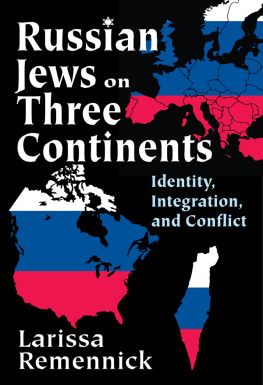
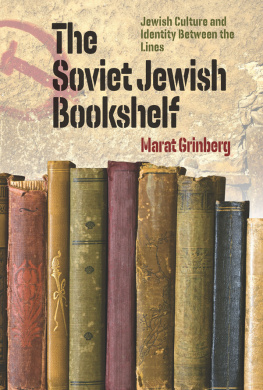
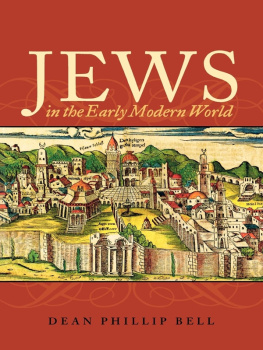
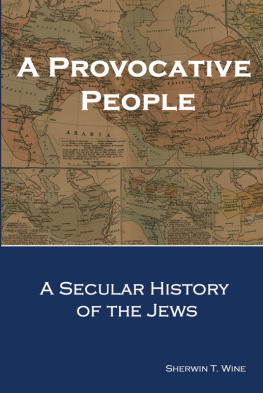
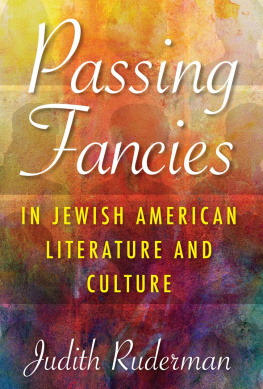
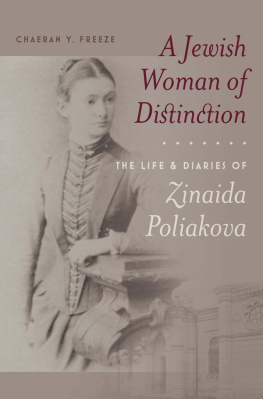

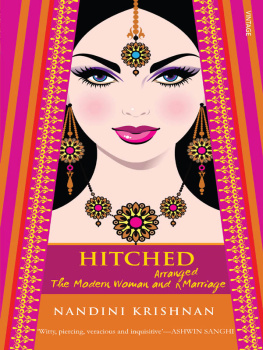
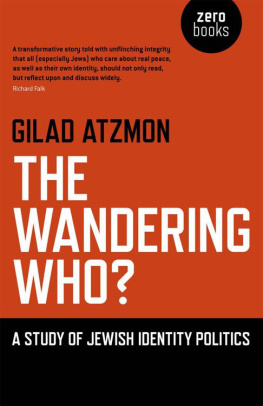

 The paper used in this publication meets the minimum requirements of the American National Standard for Information SciencesPermanence of Paper for Printed Library Materials, ANSI Z39.481992.
The paper used in this publication meets the minimum requirements of the American National Standard for Information SciencesPermanence of Paper for Printed Library Materials, ANSI Z39.481992.